
For avid hikers seeking a non-conventional approach to footwear, we strongly recommend shoes, boots, or sandals that prioritize natural foot function, allowing your feet to move, splay, and adapt as nature intended. Conventional hiking boots often come with rigid soles, elevated heels, toe spring, and tapering toe boxes that restrict natural movement and can contribute to long-term foot issues. Instead, we advocate for minimalist, healthy-foot-shaped hiking footwear that offers a wide toe box, zero-drop platform (i.e., no heel elevation or toe spring), and a flexible sole to encourage better ground feel and stability. These features not only enhance comfort on the trail but also promote healthier biomechanics, reducing strain on your feet, ankles, and knees over time.
Excellent options for foot-healthy hiking footwear are the Lems Primal Eco, Primal Zen, and Boulder Boot, all of which offer a balance of protection and flexibility without sacrificing natural movement. These shoes and boots provide ample toe room while maintaining a lightweight yet durable design, making them ideal for varied terrain. For those who prefer a more conventional-looking (though still foot-healthy and minimalist) option, the Xero Scrambler Trail Mid WP delivers a barefoot-like feel. This boot offers enough grip and durability to handle rugged trails while allowing your foot to flex, bend, and articulate as it was designed to do. All the options mentioned here ensure that your feet stay engaged and strong, helping to build resilience rather than relying on excess cushioning or stiff support.
For hikers who encounter wet or amphibious environments, we highly recommend the Astral Loyak as a non-traditional yet effective choice. Designed for water-friendly adventures, these lightweight and breathable shoes feature grippy, non-marking soles, quick-drying materials, and exceptional flexibility. They allow your feet to function naturally while providing excellent traction on slick rocks and muddy paths. If you frequently transition between dry and wet conditions on your hikes, these shoes can be a game-changer in terms of comfort and performance. Another great “non-conventional” footwear option for avid hikers is the Ahinsa Chitra Trek&Trail Barefoot, which is a supple, comfortable, lightweight, and healthy-foot-shaped athletic shoe that you can use for a variety of active outdoor pursuits.
Another important consideration is pairing the right footwear with complementary footgear, such as Correct Toes toe spacers, Injinji toe socks, and Pedag metatarsal pads or Strutz Pro foot pads, to optimize foot alignment and function. Many hikers experience foot fatigue, bunions, or neuromas (among other common foot problems) due to years of wearing restrictive, immobilizing trail footwear. Toe spacers, specifically, help realign your toes to their natural position, improving balance and stability on uneven terrain and boosting blood flow to your toes and plantar fascia. When combined with healthy-foot-shaped hiking footwear, they work to restore and maintain optimal foot health, helping you go farther with less discomfort. The other footgear mentioned here plays additional supporting roles in ensuring your feet function the way they were intended to on hikes of varying duration and intensity.
Ultimately, the best non-conventional hiking shoes are those that allow your feet to do what they were designed to do—move naturally, grip the earth, and provide a strong, stable foundation for the rest of your body. By making the switch to foot-healthy footwear, you’re not just improving your hiking experience; you’re investing in long-term foot resilience and overall movement health. With the right shoes, every step on the trail becomes an opportunity to strengthen your feet, enhance your connection to the terrain, and enjoy hiking the way nature intended, which is the ultimate goal for all of us who love being active in nature.

WANT TO IMPROVE YOUR FOOT HEALTH?
Let the team at Natural Footgear help you! Subscribe to our newsletter for the latest offers and helpful info, and sign up for our FREE email courses on various topics and foot health conditions.
Sign Up →
Want to Improve Your Foot Health?
We are here to help you every step of the way. Get our newsletter for the latest offers and helpful info, and sign up for our FREE email courses on various topics and conditions, including bunions, hammertoes, neuromas, plantar fasciosis, shin splints, ingrown toenails, and more.
Sign Up →
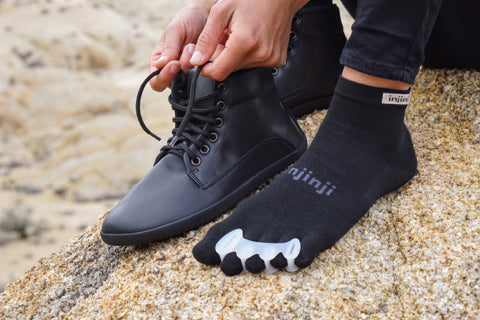 The Natural Footgear team receives lots of messages each day from folks around the world who want to know more about natural foot health and the products we offer. One of the most common questions we receive involves hiking footwear. Specifically: “Can I benefit from minimalist footwear & toe spacers when hiking?” Giving serious consideration to your hiking footgear is crucial in ensuring a comfortable and injury-free trek. Indeed, the...
Read more
The Natural Footgear team receives lots of messages each day from folks around the world who want to know more about natural foot health and the products we offer. One of the most common questions we receive involves hiking footwear. Specifically: “Can I benefit from minimalist footwear & toe spacers when hiking?” Giving serious consideration to your hiking footgear is crucial in ensuring a comfortable and injury-free trek. Indeed, the...
Read more



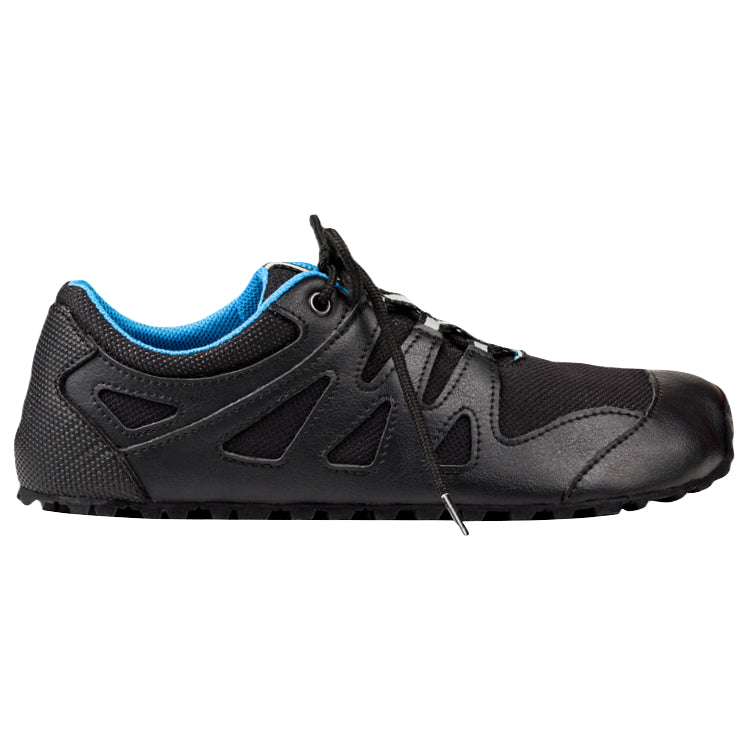
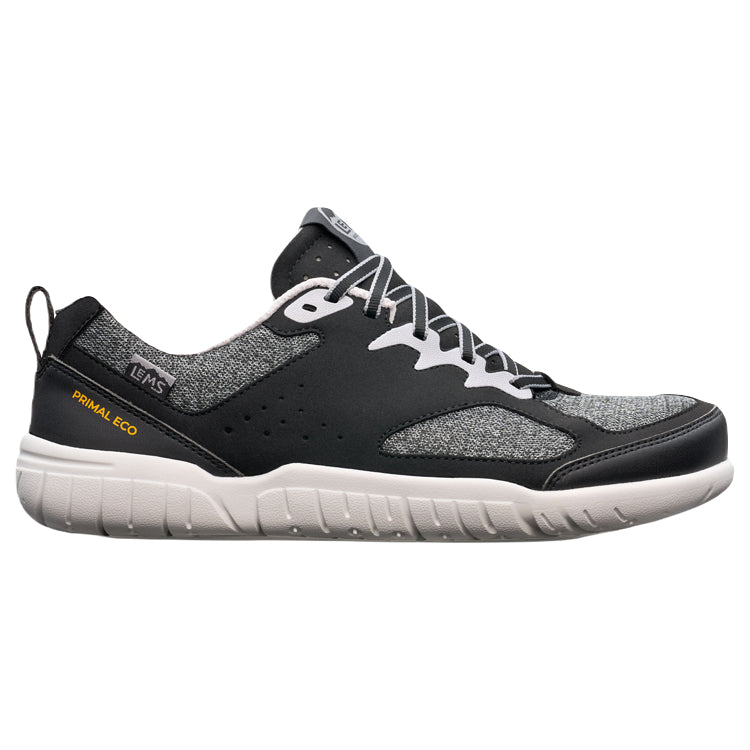
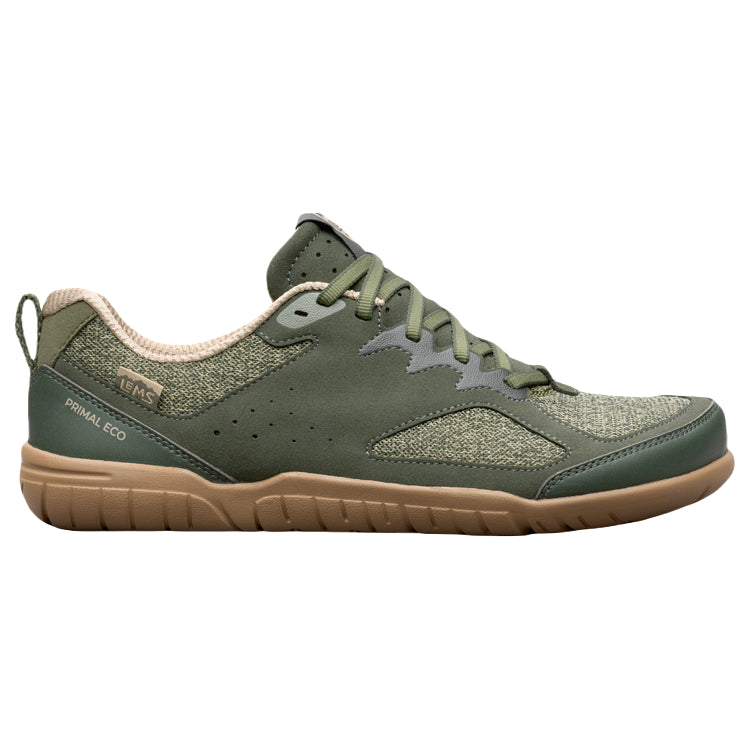
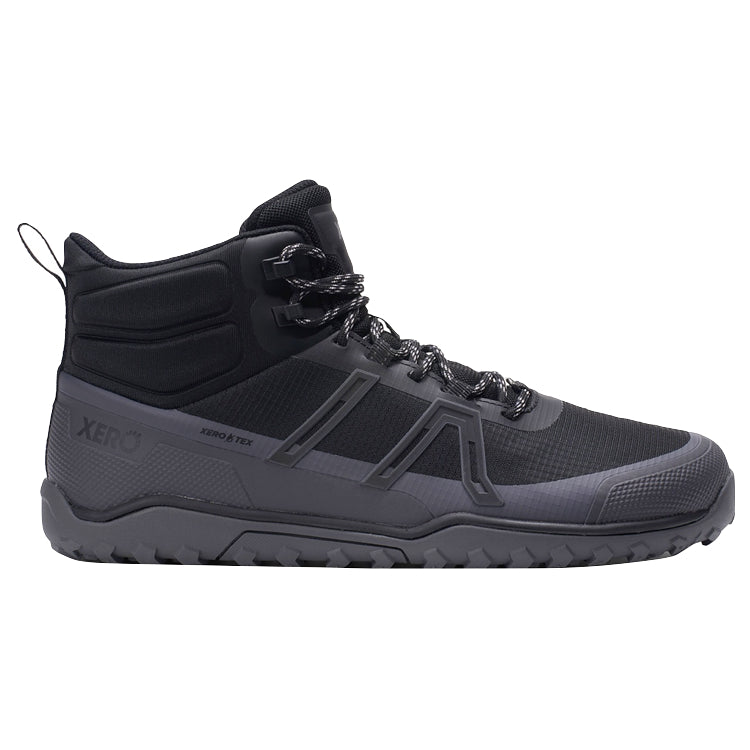
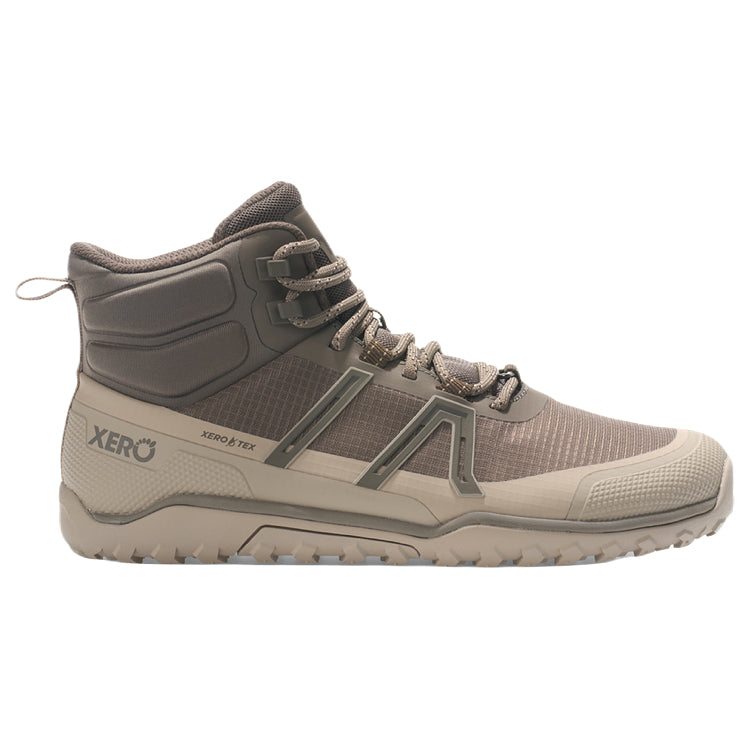

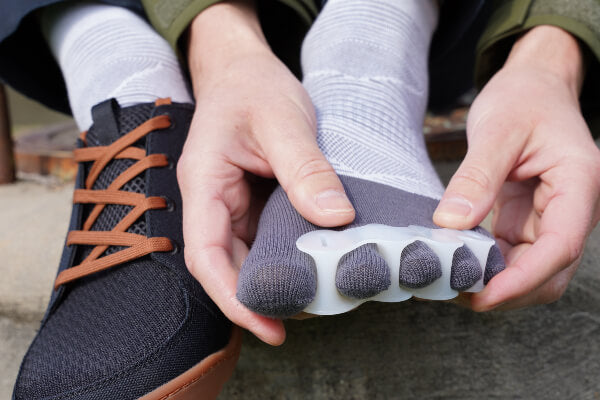
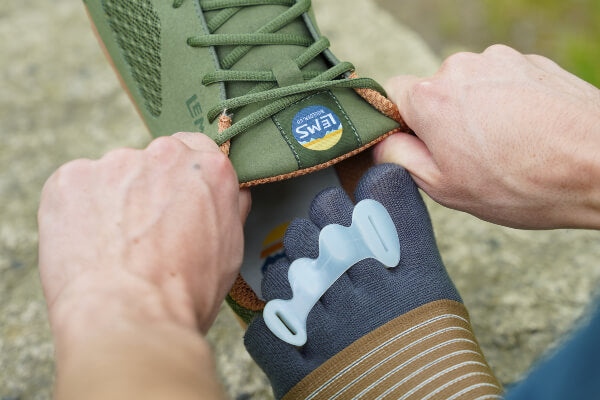
I’m scheduled to hike the Camino de Santiago this coming year. In your opinion, what footgear is most vital for this long walk?
Hi, Dana. Thank you for your comment and question! And congratulations on your upcoming Camino de Santiago adventure—that’s a journey that will challenge not only your endurance but also the resilience of your feet. For a long-distance trek like this, the key isn’t flashy gear; it’s gear that respects the natural function of your feet.
Toe spacers like Correct Toes can be a subtle but powerful tool in the preparation phase and while you’re on your walk. By encouraging proper toe splay and alignment, they help strengthen intrinsic foot muscles, which can improve balance, reduce fatigue, and support joint health over long days of walking. Integrating them gradually into your training months ahead of the hike allows your feet to adapt safely.
Footwear is equally critical. Wide toe box, zero-drop shoes—such as from Lems or Xero—allow your feet to move naturally while still providing essential protection from trail features like roots and rocks. They help preserve your foot’s natural shock absorption and maintain a stable gait, which is crucial when you’re walking hundreds of kilometers. Pairing this footwear with Injinji toe socks can reduce friction between your toes, prevent blisters, and enhance your proprioception on uneven surfaces.
Finally, we encourage you to think of your footgear as a system, not just individual items. The combination of toe spacers, natural footwear, and appropriate socks can help your feet stay healthy, resilient, and comfortable throughout the Camino. Start testing and incorporating every element well before your departure, and you’ll be setting yourself up for a much smoother, more enjoyable pilgrimage.
Yours in Foot Health,
Drs. Marty & Robyn Hughes